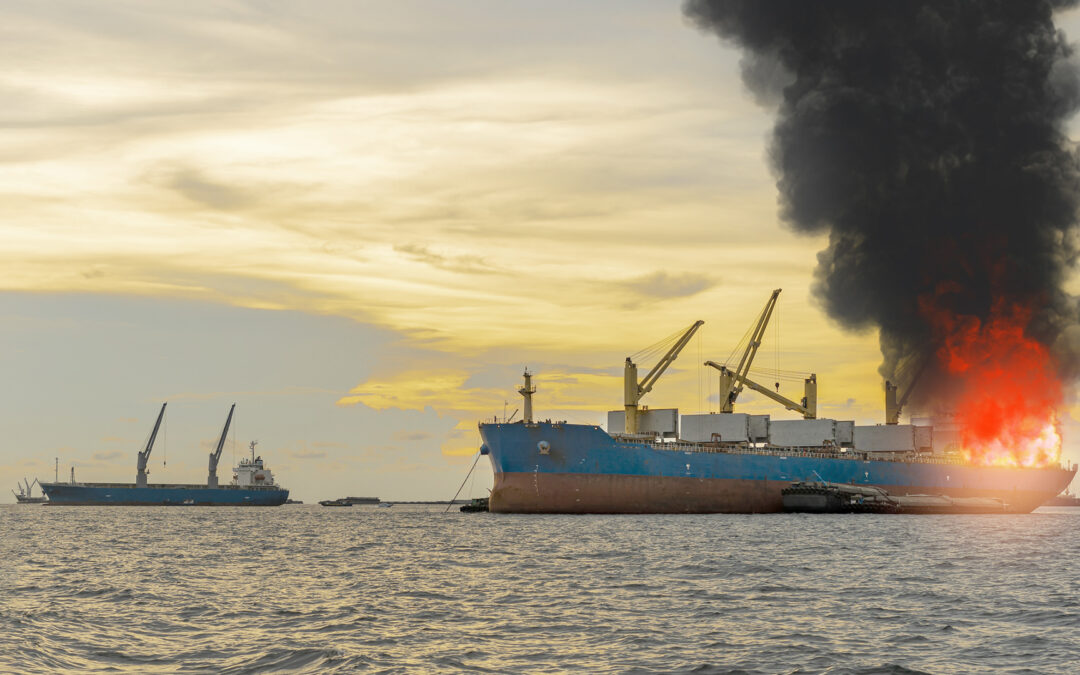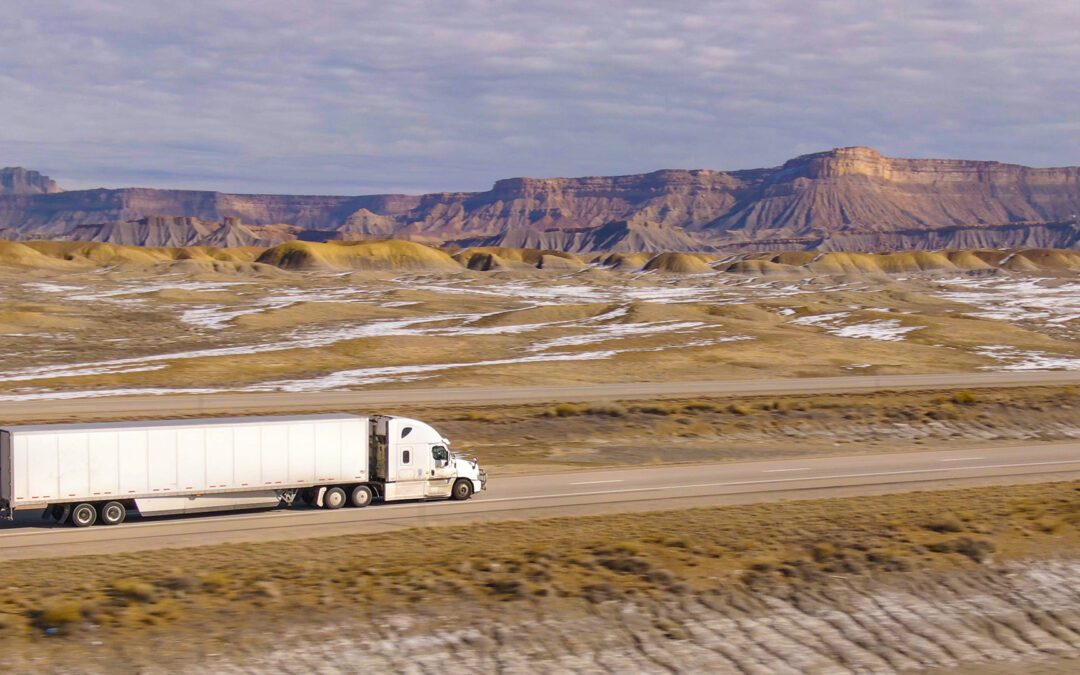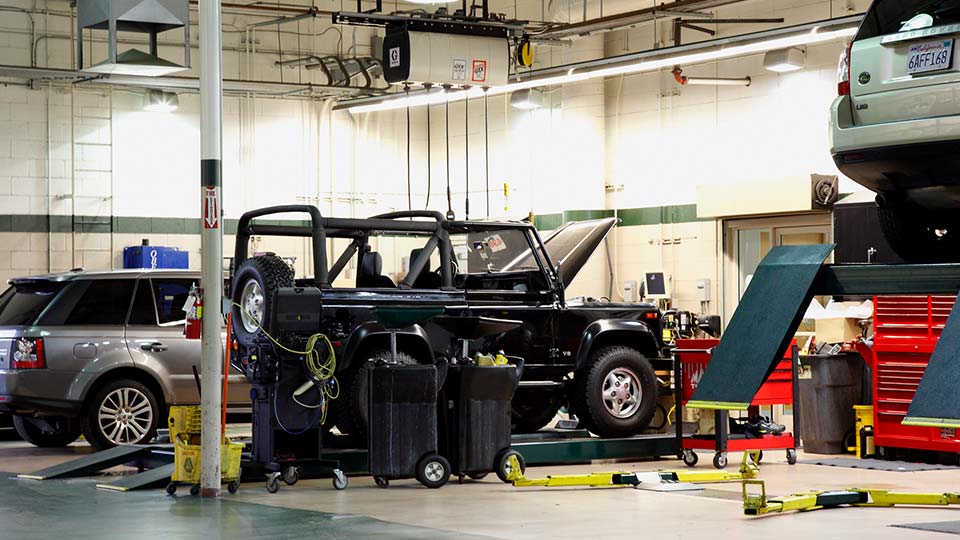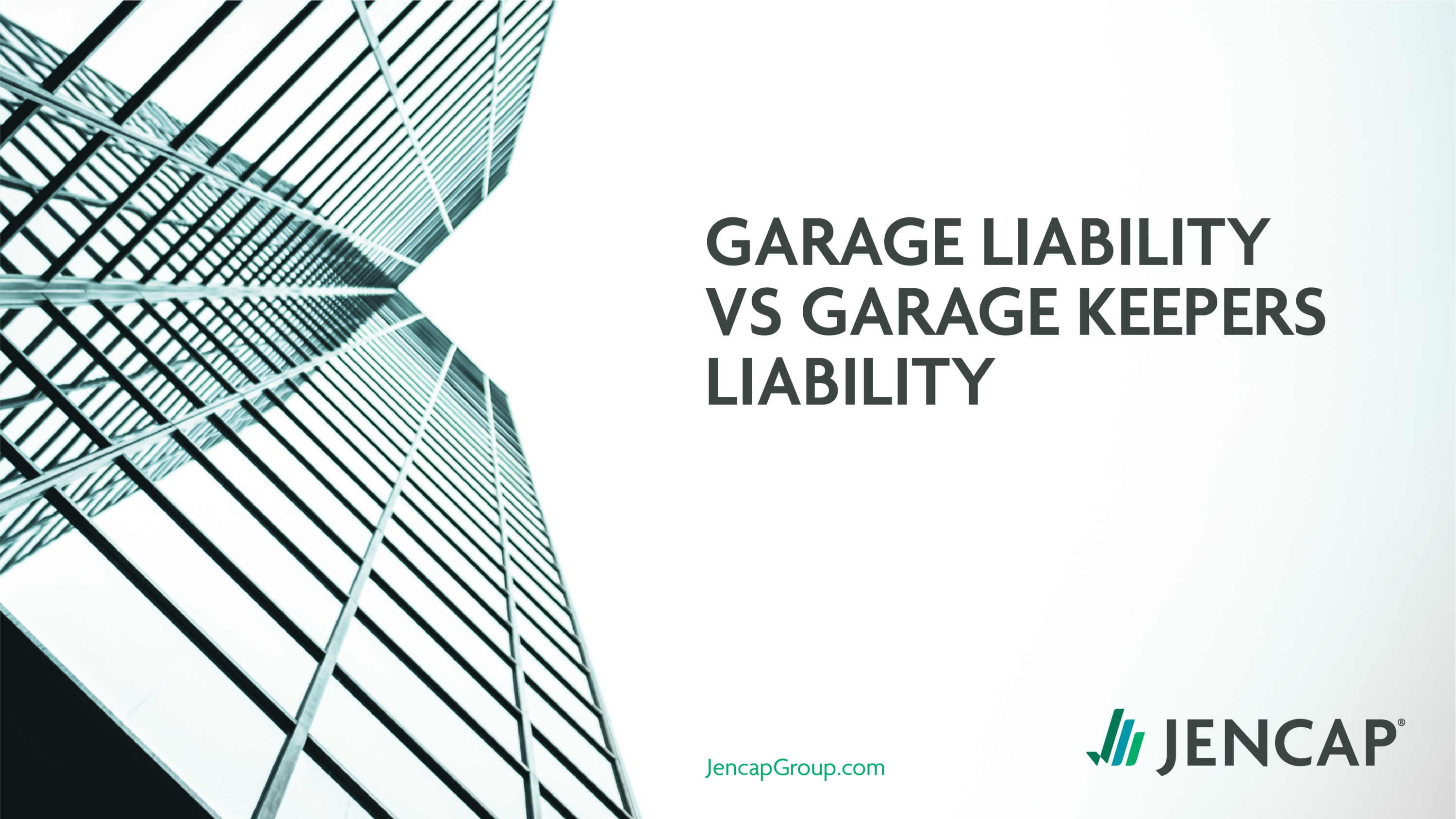Motor truck cargo (MTC) is a specialized insurance coverage that protects against loss or damage to goods transported by a truck. This insurance product is intended for businesses that haul cargo for others, such as freight forwarders, trucking companies, and shipping companies — including Amazon shipping fleets.
MTC coverage is a critical form of protection for businesses transporting goods and merchandise and it’s often required before a trucking or shipping company can accept a job. However, the policy language can be very confusing and coverage terms vary significantly by carrier. Rick Smith Jr., Jencap Transportation Lead explains, “With intermodal container haulers and the true explosion of Amazon deliveries over the past five years, it is more important than ever to know your motor truck cargo coverage, especially with respect to shipping commodities. As an agent, your clients rely on you to help them understand what’s covered and what’s not.”
Motor Truck Cargo Insurance Explained
Once a trucking company signs the bill of lading for a shipment of goods, they become responsible for those goods. By signing, they agree that the items they’re being paid to transport will arrive at their intended destination safely. MTC protects the trucking company from having to pay out-of-pocket for damages or losses that may occur while on the road.
For instance, let’s say you’re a trucking company transporting a shipment of expensive items cross-country, and the truck gets broken into and stolen at a rest stop. Or, hail from a storm damages the truck and the contents inside. Or, slippery road conditions cause the truck driver to lose control of their vehicle, overturning the trailer and damaging or destroying the cargo.
In all these instances, MTC coverage would typically step in to protect both the owner of the goods and the company transporting them by covering the costs for repair or replacement of the cargo.
All Risk vs. Named Perils
There are two main types of cargo insurance — “all risk” and “named perils” coverage.
- All Risk: As the name implies, all risk (also known as “broad form”) coverage provides protection for cargo against all types of risks, unless they are specifically excluded from the policy. They cover losses resulting from unexpected and unforeseeable events such as theft, damage, or loss due to an accident.
All risk policies tend to be very comprehensive and typically offer a higher level of protection than named perils coverage. They also usually come at a higher premium.
- Named Perils: Sometimes referred to as “specified perils” coverage, this type of coverage provides cargo protection only against risks that are specifically named in the policy. This might include:
- Fire, lightning, or explosion
- Collision
- Overturn
- Collapse of bridges, docks, wharves, culverts, overpasses, or ramps
- The stranding, sinking, burning, or collision of any ferry while operating on inland waterways only
- Floods
- Windstorm, excluding loss caused by hail, rain, sleet, or snow, whether wind-driven or not
- Theft of an entire shipping package
Any loss not caused by the specified perils is automatically excluded from coverage. This narrower scope of coverage tends to be less expensive than all risk.
The type of coverage a business needs depends largely on the type of cargo they’re transporting and the associated risks. Tracy Fisher, Jencap Vice President of Transportation Underwriting, explains, “Named peril policies are more restrictive than all risk policies, but they’re commonly used for higher-risk cargo, such as livestock or mobile homes. They also tend to be more affordable than all risk coverage and can help manage the insured’s cost if the insured only needs coverage for specific perils.”
That said, some shipping businesses may prefer the additional coverage that an all risk policy provides. They may also be required by potential customers to show proof of all risk coverage before being hired.
Watch Out for MTC Coverage Exclusions
As with all insurance policies, it’s critical to carefully review the policy terms for exclusions. On the surface, a named perils policy might appear more straightforward, but they often have their own set of circumstances or situations that are excluded from coverage. And although an all risk policy may appear all-encompassing, they can also have surprising exclusions.
Regardless of policy type, it’s essential to understand what exactly is covered and what’s not.
According to Fisher, “All carriers have their specific exclusions, so you have to be very knowledgeable and vigilant about what you’re offering your client.”
When reviewing cargo policies, here are several important details to look out for:
- Loading and unloading coverage (or exclusions).
- Refrigeration breakdown coverage. (Pay attention to any maintenance requirements for the coverage to respond.)
- Debris removal. (Consider what limit is included and whether it needs to be increased to fit the client’s needs.)
- Earned freight charges, (If it’s not covered, it may need to be added as additional coverage.)
Negotiating MTC Coverage Terms
If a carrier’s standard policy includes restrictions that don’t fit a company’s needs, there is often room for negotiation, especially if you work with a knowledgeable broker. Smith states, “It’s all about good detective underwriting work and full disclosure at quoting time. Just because coverage is excluded, most carriers have the ability to add coverage back in with restrictions. For instance, a carrier may sublimit theft and charge a higher rate.”
Jencap specializes in all types of cargo policies and we have several Motor Truck Cargo carriers with flexible and competitive terms. Secure the protection that your valued clients need by contacting us today.




















































